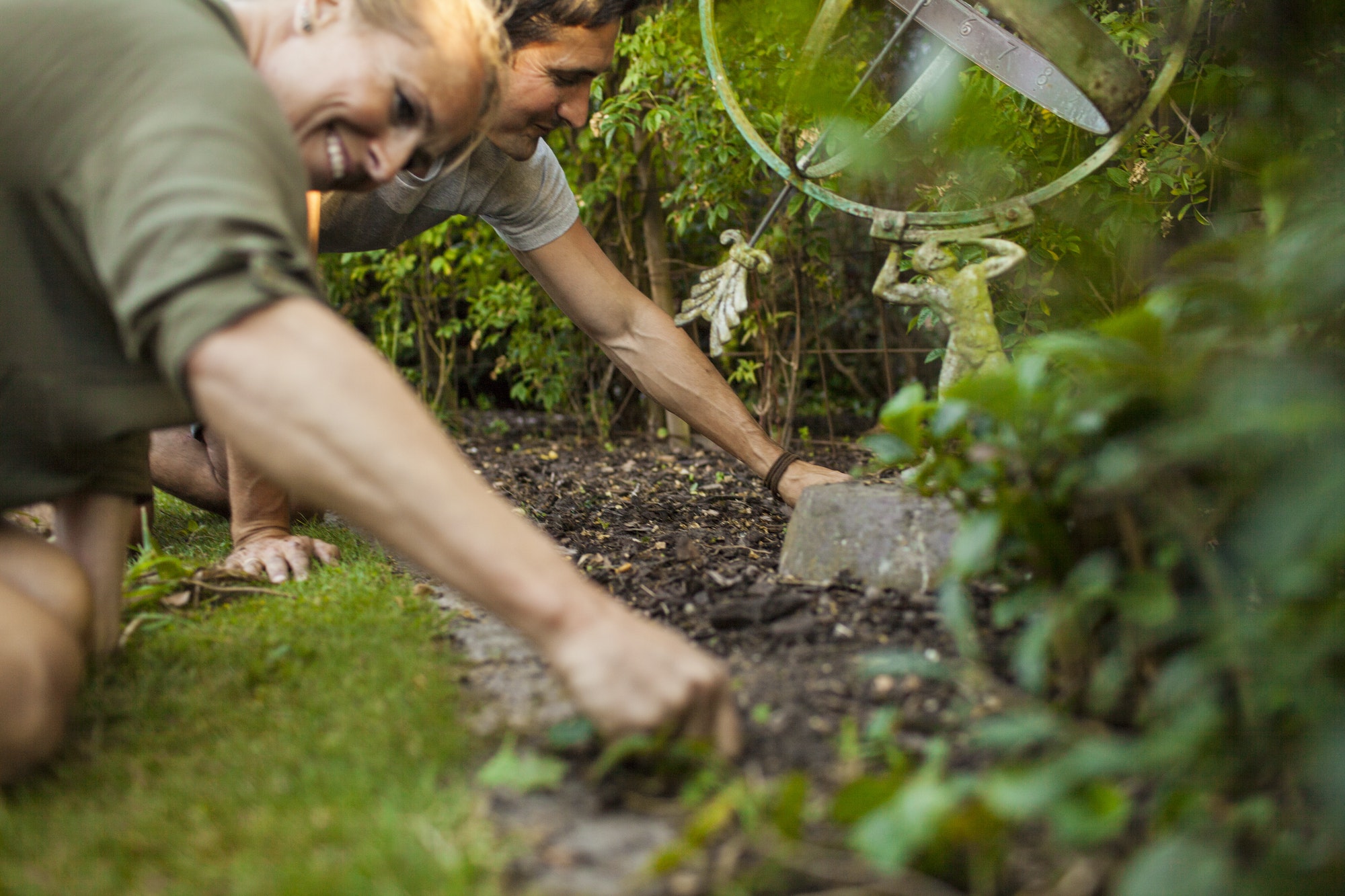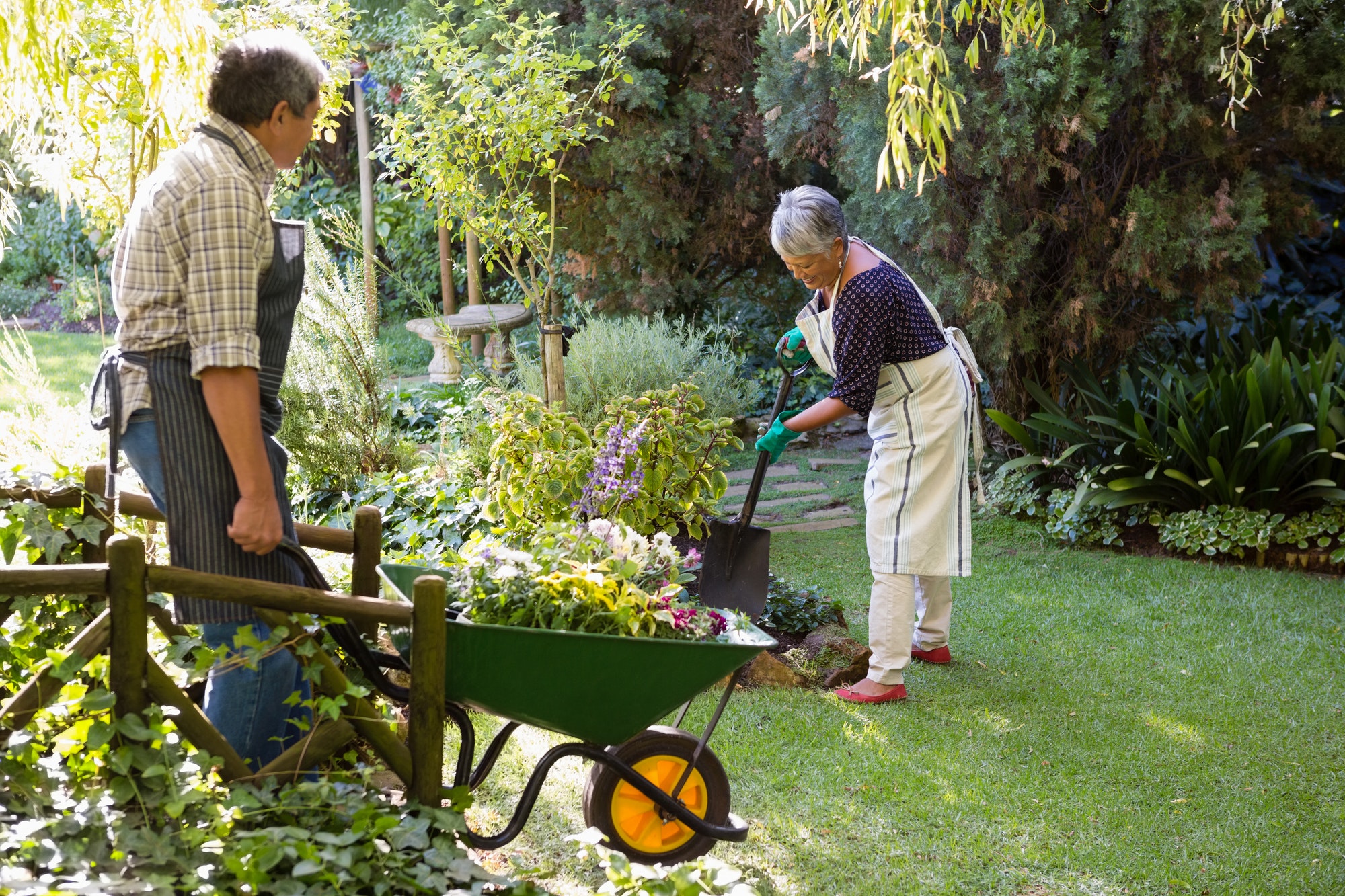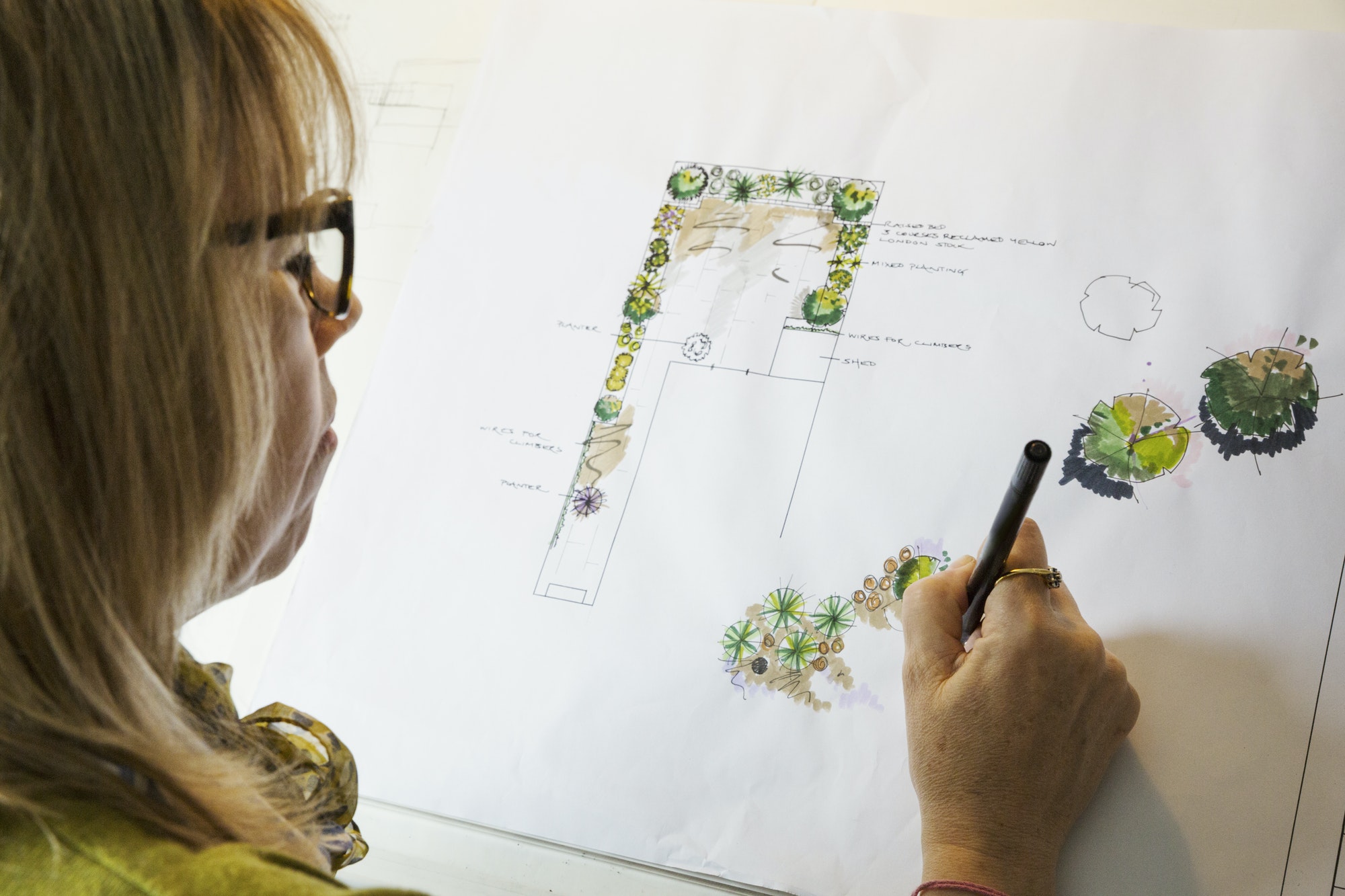Historically, the kingdom Plantae included all non-animal living organisms, but current definitions exclude fungi, some algae, and prokaryotes. In the ancient world, plants comprised all the flora and fauna of all continents. Currently, plants are the only known eukaryotes classified as “phytes” – and they’re not even animals. Here are some basic facts about plants.
The temperature in which plants can fully perform photosynthetic activities is 65 to 85 degrees F. Higher temperatures hinder photosynthesis. About three percent of the energy in sunlight falls on the leaf, which is then absorbed by the leaf. Around seventy percent of the energy is reflected, while the rest is absorbed by the leaf. During this time, the temperature of the leaf increases, while cooling occurs via loss of water. However, plants must be able to obtain sufficient water during this period, as higher temperatures inhibit photosynthesis.
A plant is a living organism. It contains chlorophyll, which allows it to grow. The plant also has cell walls that are more rigid, allowing it to support the entire structure. Once the plant is fully developed, it continues to develop new parts. It also grows roots, leaves, and fruits. Its reproductive cycle varies from year to year, but generally the length of time it takes to germinate varies depending on the climate.
Plants are necessary for life. Their presence in an ecosystem is critical. They help us breathe and are crucial to the health of our environment. For example, plants need a place to grow, so the size of the ecodome determines how much space it will need to grow. A good rule of thumb is to plant more than you can handle on your own. If you’re unsure of your gardening abilities, it might be a good idea to hire a gardening company.
In addition to their essential role in ecosystems, plants are also vital for human life. They can absorb carbon dioxide and release oxygen, which is essential for human life. Furthermore, plants are important for the environment because they help clean water. Aside from that, they help protect the planet. These plants are important to our lives. These organisms help our planet grow by absorbing carbon dioxide from the air. They also provide oxygen for humans and other living things.
Plants are eukaryotes that are mostly photosynthetic. Their kingdom includes fungi and algae, but is now mainly composed of green and flowering plants. They also need water and carbon dioxide from the air. The oxygen they produce is a byproduct of the process. Among all other life forms, the plants that live in a garden are not plants but living things. It is the soil that grows them, as well as the sun, that makes them green.




